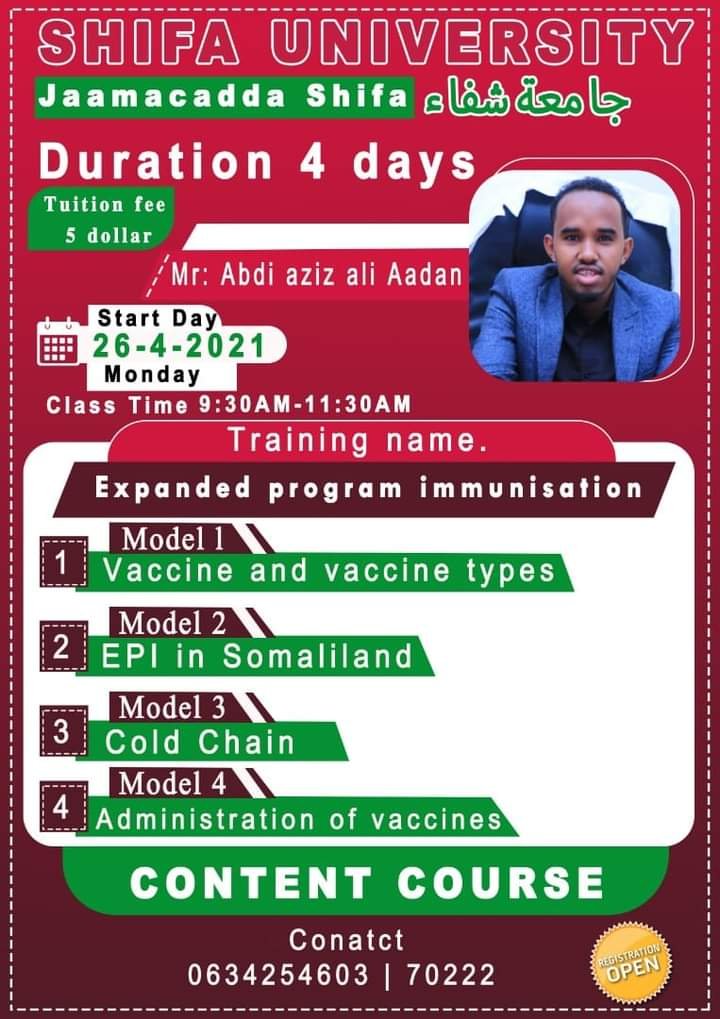Expanded Program on Immunization include:
- Vaccine Schedule: EPI establishes a schedule for the administration of vaccines, ensuring that children receive essential vaccines at specific ages to protect them from various diseases. Common vaccines include those for measles, polio, diphtheria, tetanus, whooping cough, and others.
- Vaccine Coverage: The program aims to achieve high vaccine coverage rates to create herd immunity, reducing the overall incidence of vaccine-preventable diseases in the community.
- Cold Chain Management: Many vaccines require refrigeration to maintain their effectiveness. EPI emphasizes the importance of a reliable cold chain system to ensure that vaccines are stored and transported at the right temperatures.
- Health Education: EPI often involves health education campaigns to inform communities about the importance of vaccination, the diseases being targeted, and the benefits of immunization.
- Monitoring and Surveillance: Regular monitoring and surveillance systems are put in place to assess vaccine coverage rates, identify areas with low coverage, and respond to disease outbreaks promptly.
- Infrastructure Development: EPI programs may involve strengthening healthcare infrastructure, training healthcare workers, and ensuring the availability of necessary resources to carry out vaccination campaigns effectively.
- Partnerships: Collaboration between governments, international organizations, non-governmental organizations (NGOs), and the private sector is crucial for the success of EPI. These partnerships help secure funding, resources, and expertise.
- Research and Development: EPI also supports research and development efforts to improve existing vaccines, develop new vaccines, and enhance vaccination strategies.


Leave a Reply